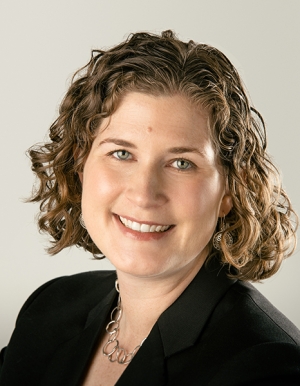Kala Jordan

Kala Jordan, research scientist at the Institute for People and Technology (IPaT), brings a wealth of academic achievement and professional expertise to her role. She holds a bachelor’s degree in biology with a specialized focus on cellular, molecular, and developmental biology, coupled with a master of science in health informatics, Kala's educational background underscores her multidisciplinary approach to research. Her professional endeavors are underscored by a diverse spectrum of research interests, spanning from healthcare system innovation, STEM education, and data analysis. At present, Kala is immersed in supporting the AI Institute for Collaborative Assistance and Responsive Interaction for Networked Groups (AI-CARING) project. In this capacity, she spearheads studies aimed at bolstering the development of personalized collaborative AI systems tailored to enhance the quality of life for older adults. In addition to her pivotal role within the AI-CARING project, Kala actively contributes to STEM @ GTRI’s rural education initiative. Here, she assumes a multifaceted role, providing direct instruction and contributing to curriculum development in various facets of computer science for high school students. Through, her multifaceted research efforts and educational outreach, Kala Jordan exemplifies a consummate professional dedicated to leveraging cutting-edge technology and empirical insights to address pressing societal challenges and empower individuals through education and innovation.









